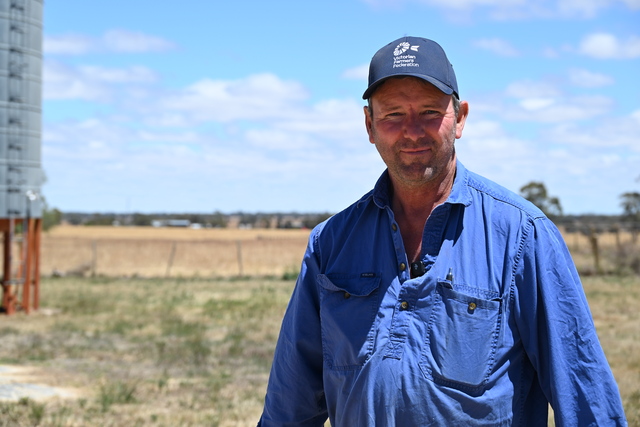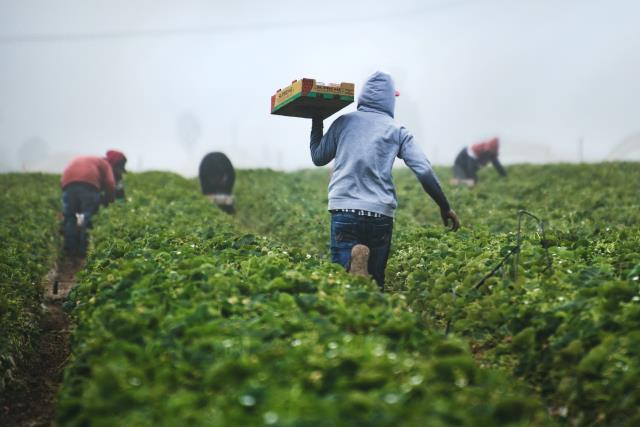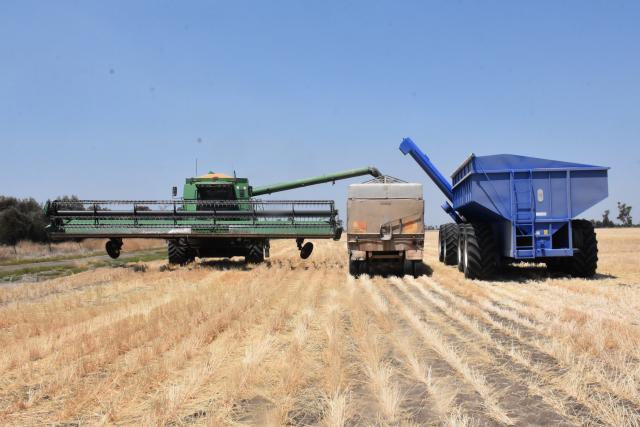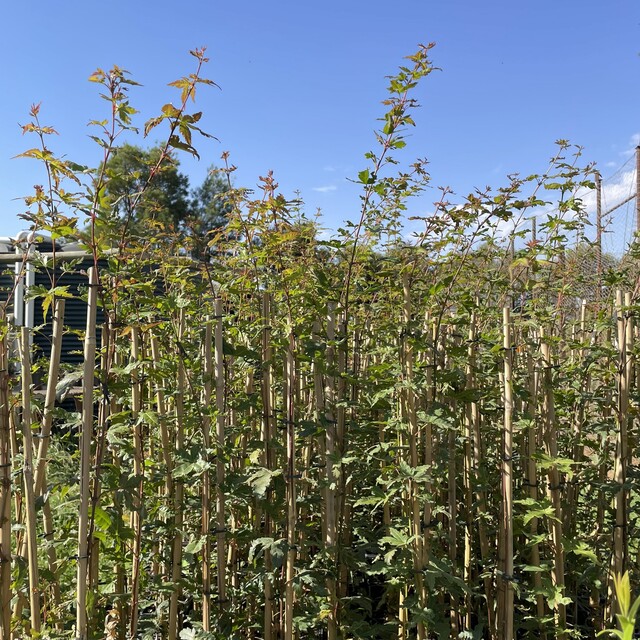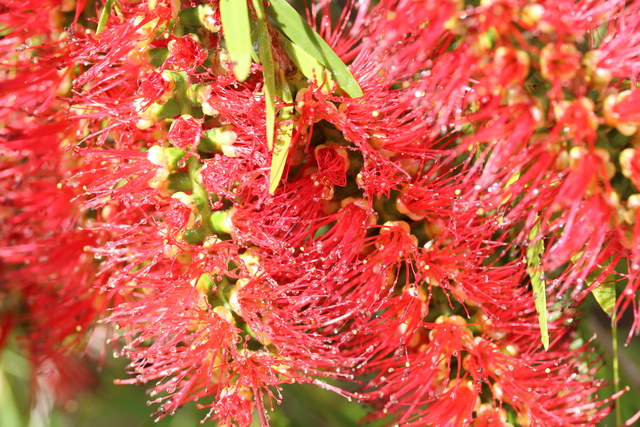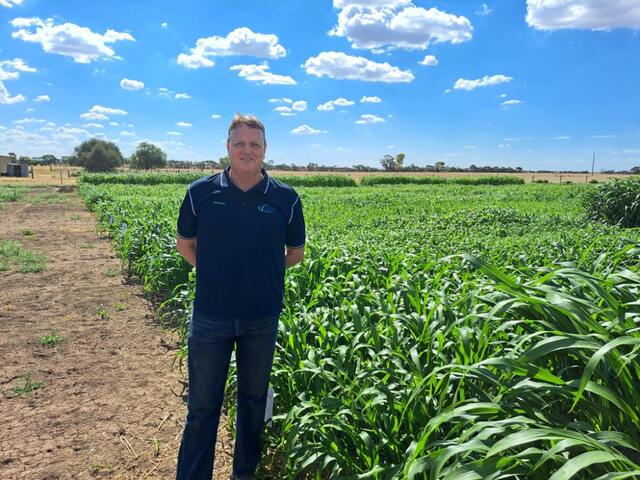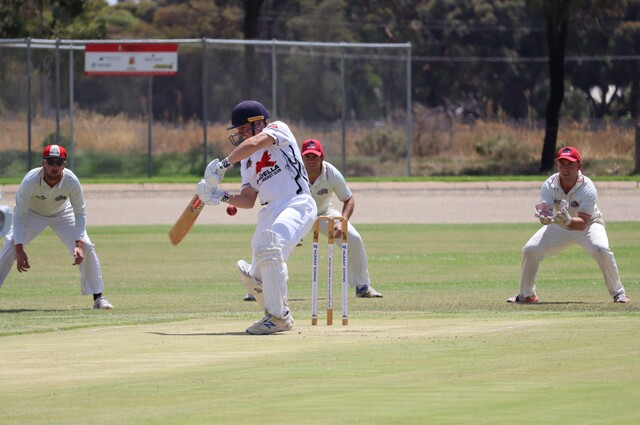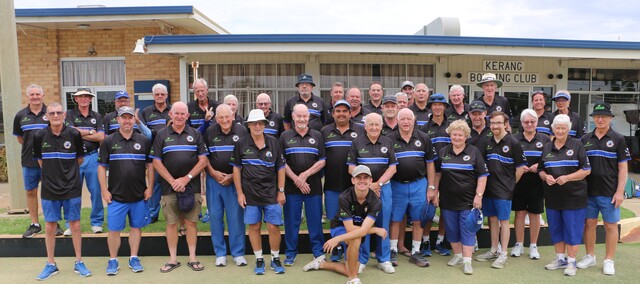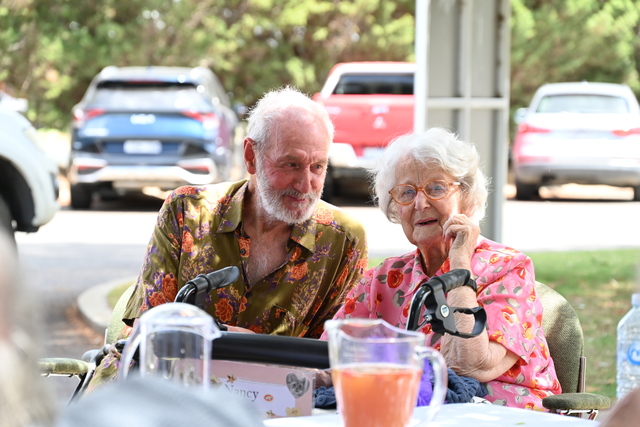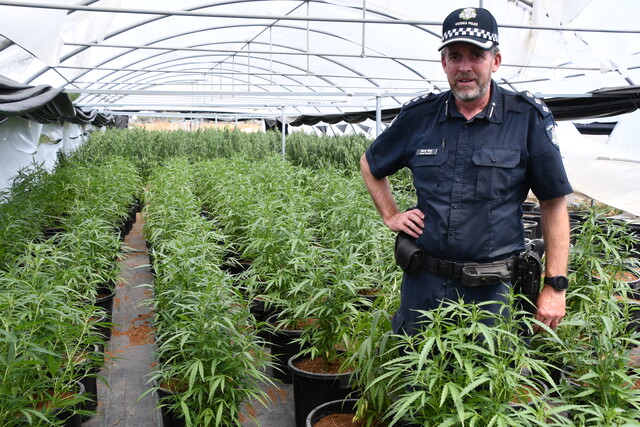Speak up on water
I HAVE attended more water meetings than I care to remember and there is no question that water is the most important ingredient for communities across northern Victoria.
As such I have been actively involved in the Speak Up Campaign activities to highlight the impacts to communities and the environment across the southern basin and I am a Victorian representative on their committee.
Credit must be given to the advocacy from our NSW cousins, not just Speak Up, but the other organisations across the river who have worked tirelessly to highlight the failings in the Basin plan and the inequity in water sharing that has lead to the recent reliance on the Murray to deliver all the water to South Australia, who never seem to have a drought.
It is now Victoria’s turn to lift the ante and unite with southern NSW to deliver a better deal for all those across the southern connected system.
It must begin next Thursday February 27 when the Murray-Darling Basin Inspector General Mick Keelty arrives in Shepparton at the RSL at 10am.
Victoria must put any insecurities aside and realise that the potential to lift the lid on the political influence of the Northern Basin and the failure to accept historical evidence by South Australia have lead both sides of the river in this region to suffer.
Stuart Hipwell,
Wunghnu
No fake crisis
I was extremely concerned to read a recent article in a metropolitan newspaper that claimed the drought was a “fake crisis” and that “despite the sob stories, most farmers were fine”.
This ill-informed commentary smacks of someone who whiles away their time in a city office, when they’re not commuting on public transport from their nearby apartment or home.
It shows a quite disturbing lack of understanding about rural Australia, what it has been facing and what many areas continue to face despite recent rains.
In many respects I do not want to give this appalling piece of commentary any more oxygen, because this is probably what the author was trying to achieve.
However, people in concrete city offices need to understand the truth, so it must be told.
The ‘fake drought’ has, in fact, been very real; a fact to which the vast majority of farmers would attest, and which mental health issues substantiate.
The drought has been exacerbated by bad government policy, especially in relation to water management.
It has removed large quantities of water from staple food producers and allowed the expansion of corporate high value crops, such as nuts.
As a consequence, many family farmers, especially in the southern food bowl, have sat idle and been unable to produce fodder for starving animals.
This could have been a big help to those in drought stricken areas.
It forced farmers to watch rivers running beyond capacity, before the water eventually found its way out to sea or being evaporated in large, shallow end of systems lakes.
If you look beyond what some people see as the new definition of NSW (North Sydney, South Sydney and West Sydney), you would find that hard-working Aussie farmers do not want government hand-outs.
All they want is for governments to stay out of the way and let them get on with the job of growing food for our nation and millions of starving people throughout the world.
We need to encourage greater education about Australian agriculture to expose what corporate and government policy are doing to our family farmers.
Despite what some people appear to think, many producers of your milk, bread, cereal, beef, lamb, fruit and vegetables are on their knees and leaving the industry in droves.
So, if we don’t want a future in which our orange juice and latte are made from overseas imported oranges and milk, we need to develop policies that allow farmers and rural communities to survive the ‘fake droughts’ and government water management failures.
Sue Braybon,
Tocumwal
Bindii blitz
Since the recent rains we’ve seen bindii and khaki weeds talking off. With dry conditions leading into Summer, their germination has been slow. But they love a sprinkle of rain and heat so now we have mammoth infestations that threaten to engulf the town.
The Kerang Landcare Group has been working hard doing what we can within our means to attack some of the regular hot spots. But we need help!
There are patches out of control on nature strips, along footpaths and laneways. We don’t have the woman-power to clear them all. We’re appealing to the townspeople to be vigilant around their own properties as well as being open to help their neighbours, if need be.
Where there are infestations in public areas, we can either work on theses or report them to the relevant authorities. But it’s difficult for us to cover the whole town’s residential properties.
We would highly recommend use of a selective broad leaf spray that is available at our hardware and farm produce retailers locally. Alternatively, our preferred action is digging the weeds out and placing them in the red waste bin – not the green waste bin.
We are grateful to Gannawarra Shire Council for their help in the past with our Bindii Blitz program and are pleased to see that troublesome spots are much reduced. It would go along way towards our effort to reduce the amount of bindii and khaki weeds in our town, if residence and business owners could get behind our annual January / February Bindii Blitz campaign.
If you need help or want to report an infestation, feel free to contact us at keranglandcare@gmail.com or 0419 325 294.
Merril Scriven,
Kerang Landcare Secretary
Ban the duck shoot in our wetlands
Dear Mr Premier,
Shortly, you’ll be announcing whether a duck season will go ahead. So, in the name of research, last weekend, I visited my local wetland. I wish you’d been there the birdlife was superb.
A stripey-headed grebe, gracefully diving, brought reeds to its floating nest. Black swans and their pearl-grey cygnets paddled about, stately and slow, their abandoned nest an architecture of reeds. Cobalt-and-black superb fairy-wrens with their bubbly song, hopped like restless gems amongst the shrubbery.
Following mown-grass trails lined by two-metre flag-reeds, you reach a boardwalk and cross the bridge over the shallow, eastern pond. There, if you’re lucky, you’ll see a clutch of fuzzy ducklings scooting off, piping softly, led to safety by their parents.
And the much-prized freckled duck – one of the rarest waterbirds in the world – with their odd, pointed heads and scooped bills, covered in flecked plumage like feathered herringbone.
There were birds of prey and every size of bird.
This place lies between a golf course and housing, with thunderous main roads on three sides. Still, you can imagine you’re far from the suburbs.
It’s lightyears away from the big State Game Reserves here at Kerang, which boast rutted access roads and shooters’ detritus: the spent plastic shells, the tufts of used toilet paper, the food-wrapper litter.
At this suburban wetland, you can quietly celebrate our waterbirds – watch them behave, swim and feed. There’s a rare peace in seeing wildlife just being itself. I know of nothing else that makes me feel at once so present and so transported, so full of the spirit. Maybe you would, too.
This stillness in nature is what we lose when shotguns are allowed on our wetlands for duck shooting each year.
Come duck season, the birds on Victorian wetlands are killed for entertainment. But out here, such an idea is absurd. Nothing is killed except what nature itself destroys.
Mr Andrews, please consider a visit to a wetland and see how special they are; see what’s lost when the chaos of shooting takes place.
Now’s the time for the government to signal similar compassion.
Please call a moratorium on duck shooting for 2020. Our wetlands provide habitat, enable passive recreation and nourish our souls. They’re our great balm in these troubled times.
Debbie Lustig

